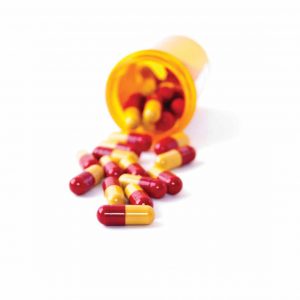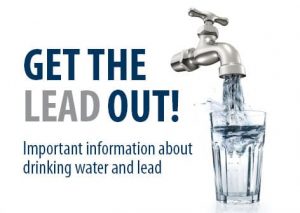
As Drinking Water Week continues, Tata & Howard joins the American Water Works Association and water professionals across North America in encouraging householders to care for their homes’ pipes. Many things can unnecessarily clog a home’s plumbing system, including “flushable” wipes, as well as fats, oils, and grease. Each year, these clog pipes, back up systems, and harm the environment when they aren’t disposed of properly.
Specifically, flushable wipes, facial tissue, paper towels, and medications should be thrown away in the trash and should never be flushed down the toilet. Also, fats, oil, and grease should not be dumped down the drain. Instead, they should also be thrown away in the trash.
“Caring for our pipes should be considered maintenance around the home and not just thought of when something goes wrong with them,” said AWWA Chief Executive Officer David LaFrance. “We have to do our part not to clog up our already precarious water and wastewater systems.”
More information on caring for pipes can be found on DrinkTap.org.
About Drinking Water Week
For more than 35 years, AWWA and its members have celebrated Drinking Water Week, a unique opportunity for both water professionals and the communities they serve to join together to recognize the vital role water plays in daily lives.

 As Drinking Water Week continues, Tata & Howard joins the American Water Works Association and water professionals across North America in encouraging households to identify and replace lead-based water pipes and plumbing. Lead presents health concerns for people of all ages, particularly pregnant women, infants, and young children. In children, low exposure levels have been linked to learning disabilities, behavioral problems, and other issues.
As Drinking Water Week continues, Tata & Howard joins the American Water Works Association and water professionals across North America in encouraging households to identify and replace lead-based water pipes and plumbing. Lead presents health concerns for people of all ages, particularly pregnant women, infants, and young children. In children, low exposure levels have been linked to learning disabilities, behavioral problems, and other issues.